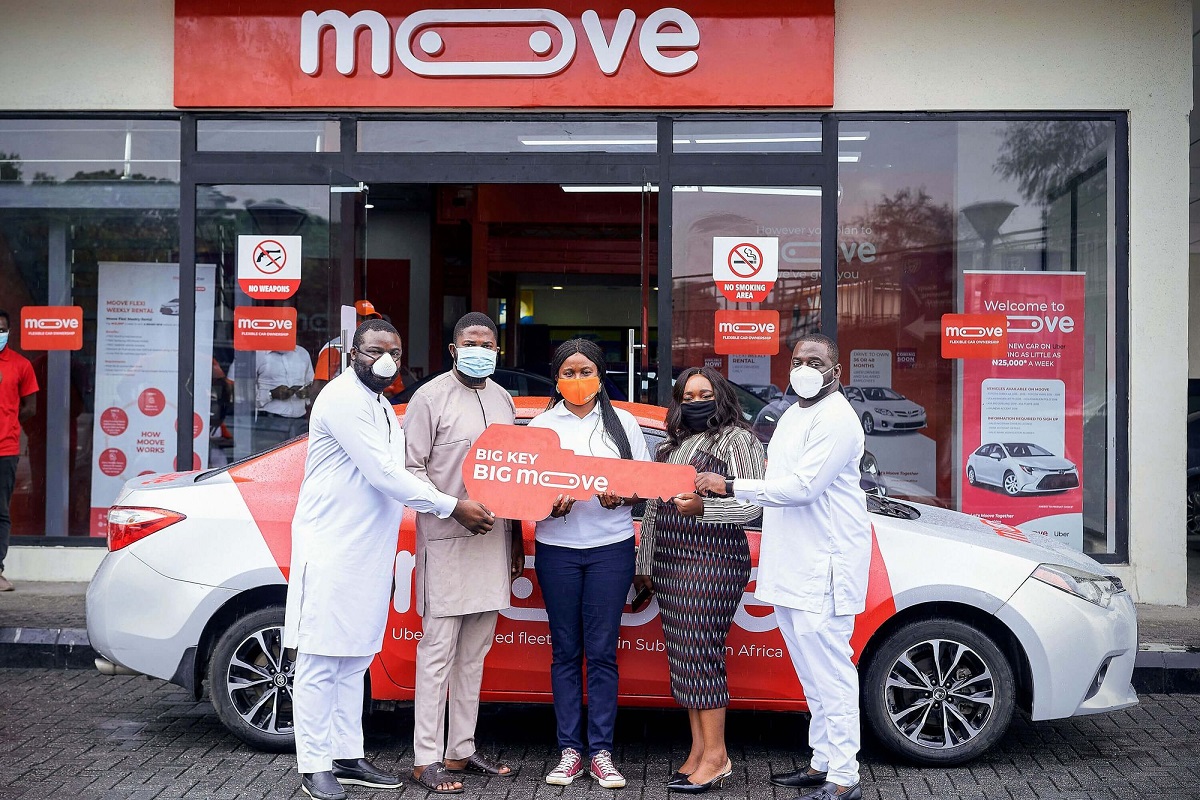Moove, a car-financing startup that allows anyone interested in ride-hailing to get a brand new car and pay in instalments over a four-year period, has raised $100 million in a Series B round reportedly led by Uber, according to reporting from TechCrunch.
In February, Bloomberg reported that Uber was considering an equity investment in the company. The new funding round brings Moove’s total fund raised to date to about $460 million—$250 million in equity and $210 million in debt.
Mubadala Investment Company, a sovereign wealth fund that also invested in Moove’s Series A round, also participated in the Series B round. Other investors in the round include The Latest Ventures, AfricInvest, Palm Drive Capital, Triatlum Advisors, and Future Africa. Moove, which currently operates in six countries, will use the new funding to expand to 16 more markets by the end of 2025.
[ad]
Per TechCrunch, the move signals a push by Uber—which has partnered with several others, including SWVL and Kobo—to secure a reliable stream of drivers for its ride-hailing platform. Moove’s CEO, Ladi Delano, views the move as a validation of Moove’s business model.
The mobility fintech leader, which offers vehicle financing to ride-hailing and delivery app drivers, has secured a staggering $460 million across equity and debt, bringing its valuation to about $750 million up from $550 million.
In February, the company raised $10 million to expand its presence in India after it launched in three cities in the country. In 2023, Moove partnered with Uber to deploy about 25,000 electric vehicles on its ride-sharing platform in India.
[ad]
Launched in 2020 by Ladi Delano and Jide Odunsi, Moove tackles low credit access in mobility markets by offering revenue-based car financing to ride-hailing drivers. Customers buy new vehicles with a share of their weekly earnings, and the startup boasts $90 million in annual recurring revenue.
Per TechCrunch, Moove is also considering inking a deal with Bolt to expand its ride-hailing options in its key emerging markets.





















